
App -- the first movie that actually encourages you to get your phone out in the cinema
There’s nothing more annoying than someone playing on their mobile phone during a movie. Even if you’re sitting a good distance away, the glowing small screen lights up the cinema like a beacon, making it harder to focus on what’s happening on the big screen.
Forthcoming feature-length thriller App is set to turn what is usually seen as socially unacceptable behavior into a highly social act, encouraging everyone to use their iPhones and Android devices to follow a parallel storyline while the film is playing.

Kim Dotcom's MEGA has found a new home
It would be an understatement to call the past year a wild ride for Kim Dotcom, founder of MegaUpload, but the New Zealand entrepreneur has not slowed down. Dotcom is preparing his latest website, MEGA, after losing control of his former site. He originally secured the me.ga URL using the Gabon top level domain, but then lost it recently when the Gabon government announced they would not host the new site. Still undeterred, Dotcom has taken to Twitter to blame the United States government for pressuring Gabon. He also talked there of plans to continue to pursue his new website.
Earlier today, Dotcom once again logged into his Twitter account, this time to announce that MEGA has found a new home -- "New Zealand will be the home of our new website: http://Mega.co.nz - Powered by legality and protected by the law."
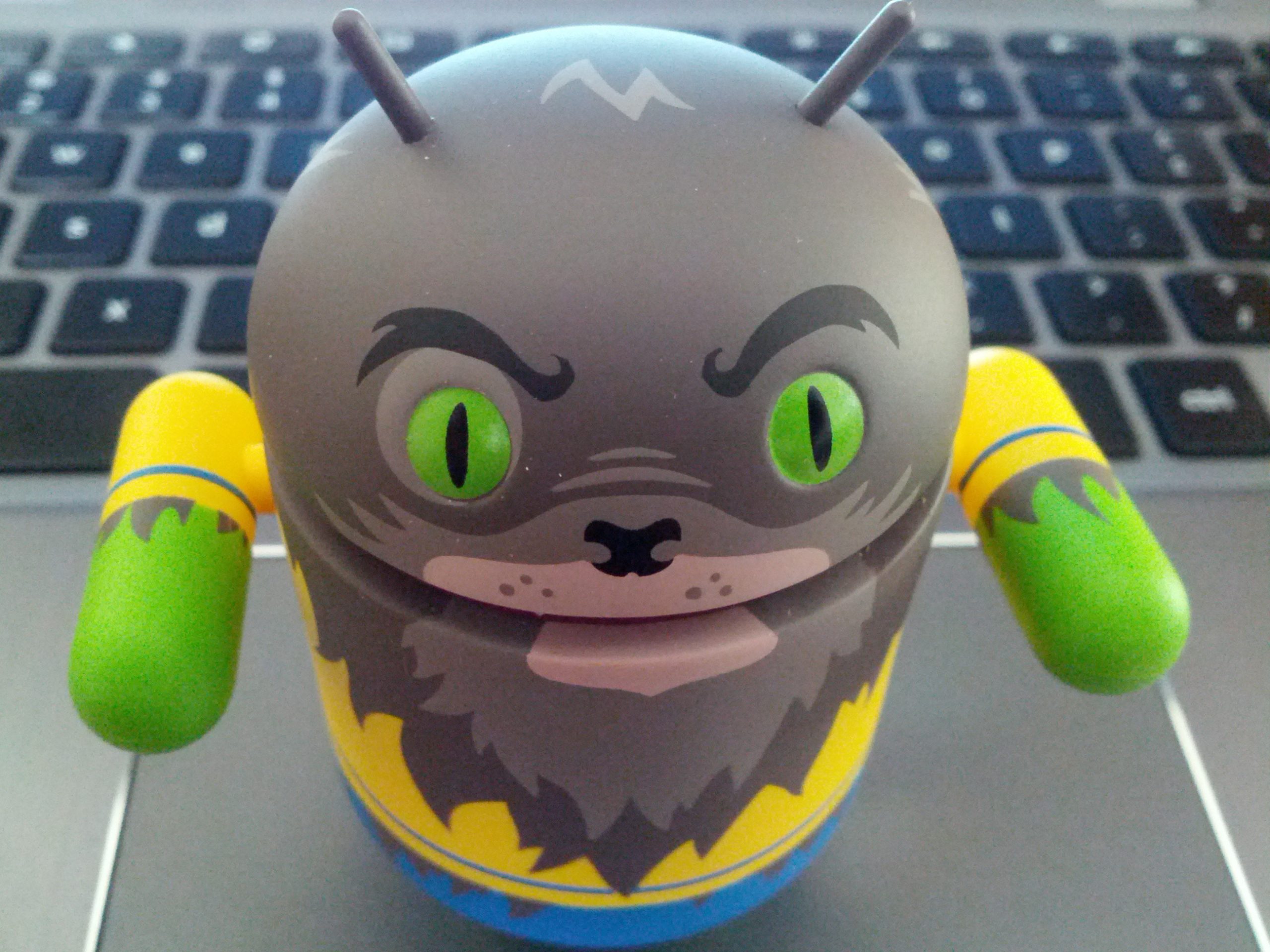
Here's what I wrote about Android on its big day four years ago
Searching through my old Microsoft Watch posts for one thing, I found another -- my Sept. 23, 2008 news analysis "How Android hurts Microsoft". I wanted to find some of my past posts about contextual computing, and you can read more about that soon. For today, this story uses the lens of the past to look at the present.
I take lots of flake from commenters, whether directly on posts or blogged by others elsewhere, about my stories. Many accuse me of idiot perspective and being clueless. But often my seemingly brash analyses at the time, peering into future implications, are generally right. If you look at the totality of my writing, there is consistency of thinking that rightly anticipates trends. Abrasive writing style, provocative headlines and forceful argument puts off some people, especially those who don't like change or embracing new ideas. Occasionally I write seemingly contradictory perspectives, trying to look a things dimensionally rather than flatly. The Microsoft Watch post is one example of many that demonstrates what I mean.

Edible iPhone 5 cases now on sale in Japan
Most phone cases are designed to protect your handset from being dropped, or accidentally scratched. The Survival Senbei iPhone 5 Case is designed to stave off hunger pains should you find yourself miles from anywhere and unable to dial for a pizza.
The hand-crafted cases, now on sale in Japan, are made entirely from lightweight brown rice and salt and baked into a senbei rice cracker that fits perfectly around your iPhone 5. They do take anywhere up to a month to be delivered though, as the creator, a middle-aged Japanese woman called Mariko, can only usually manage to make three good ones a day.

Play live music with friends online in Chrome
The only thing that ever stood in the way of my becoming a major international singer/songwriter was my inability to sing. Or write songs. I took guitar and piano lessons as a kid, and am pretty handy at Rock Band, but I’m not a great musician, so I never really get invited to jam with more musically-minded friends.
However, that might change, if I can persuade some of them to give Google’s latest interactive Chrome experiment a try.

Steam for Linux goes live as a limited beta
Valve has announced the launch of its Steam for Linux client as a limited access beta. Testers of the invite-only service were chosen from a large pool of applicants (over 60,000 people applied within the first week), with priority given to experienced Linux users.
Initially only available for Ubuntu 12.04+, with more distros to be added in the future, the beta client gives testers access to the free-to-play Team Fortress 2, as well as two dozen additional Steam titles, including Serious Sam 3: BFE, Trine 2, World of Goo, and Darwinia. The beta also includes the Big Picture mode, which allows Steam to be viewed on a TV and interacted with using a game controller.

iPad-controlled street lights coming to London
London’s street lighting has come a long way since the days of gas lamps (although, interesting fact there are still some 1,600 of these old lights in use), but it’s about to be brought bang up to date with the introduction of smart lighting that can be controlled by iPad-wielding engineers.
Following a successful pilot scheme, Westminster City Council has announced that it intends to convert all 14,000 of its electric street lights over the next four years.

Kim Dotcom reveals his Megaupload replacement -- Mega
You’ve got to hand it to Megaupload founder Kim Dotcom. Despite living under house arrest, his assets frozen, and facing the prospect of extradition to the United States and up to 20 years in prison if found guilty of copyright theft, money laundering and racketeering fraud, he’s pressing ahead with plans for a new file-sharing site.
Mega, his Megaupload replacement, was revealed yesterday, and despite just consisting of a holding page at the moment, was quickly overwhelmed. "Millions of users hitting at once. I'm delighted by the interest. But servers can't handle it. The new Mega will. WOW!!!" Dotcom tweeted an hour after the news broke.
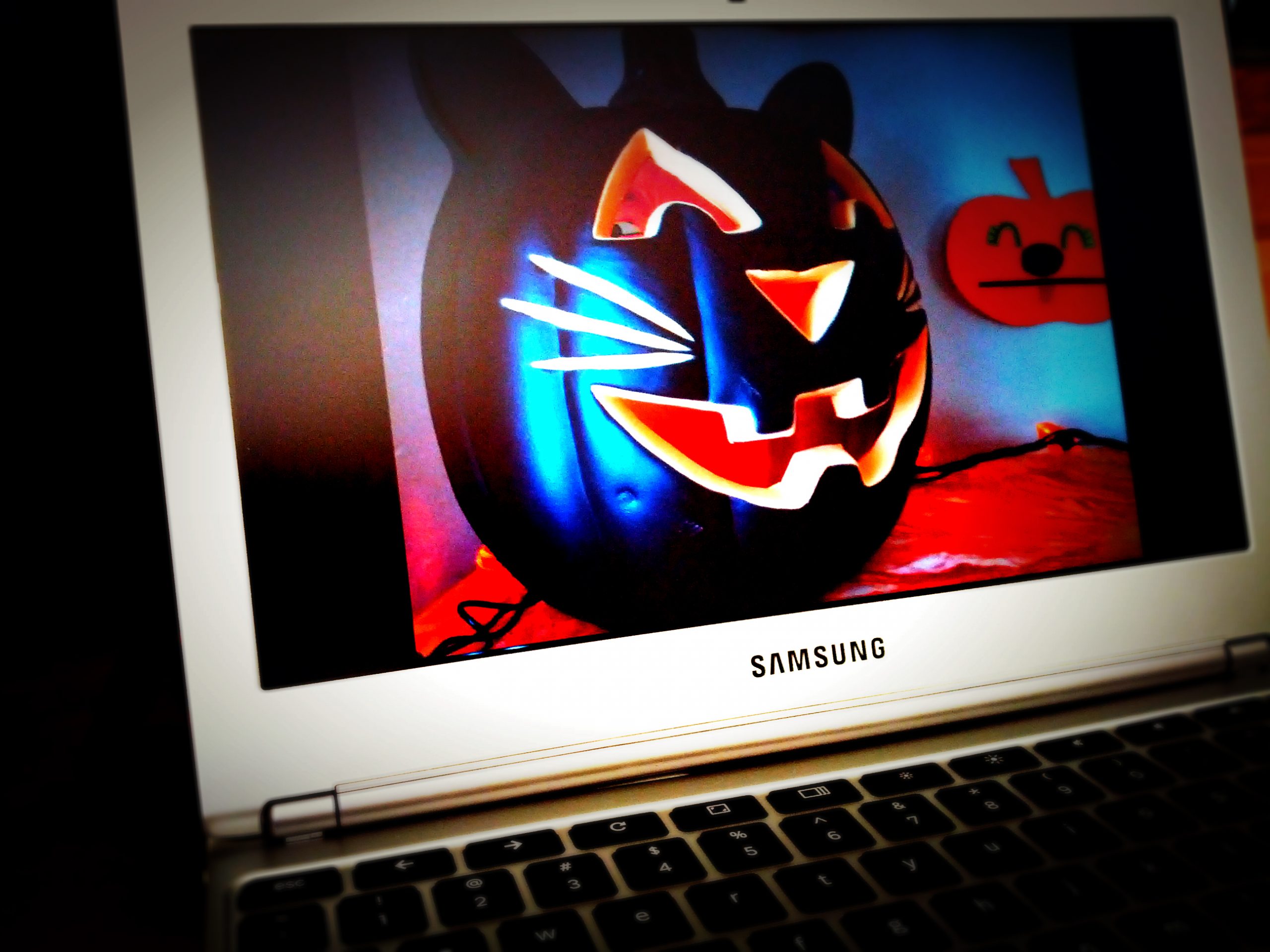
There's something scary about Chromebook
On Monday night while watching "Resident Evil: Afterlife" on USA Network, Google aired the first Chromebook commercial -- not once but twice. The ad played a lot better during primetime than on YouTube, with that oh-so tempting $249 price reaching out from the screen. Advertising where real people go shows Google's seriousness to reaching the masses. Make no mistake, something of a computing revolution quietly is brewing here.
Chromebook is still the top-selling laptop at Amazon, and that while being out of stock. Meanwhile, the cloud-connected device gains some surprising followers. On Google+, Chromebook chatter cracks the pipes, and mainly because of the newest model, which matches MacBook Air's form factor and ergonomics, including 11.6-inch screen and better keyboard, for one-quarter the price.

Google announces its iPad rival, the Nexus 10
Just in case you were thinking it was all about the iPad mini and Surface tablets at the moment, along comes Google with a new Nexus range. The company had planned to make a big announcement in New York today, stealing some of the thunder from Microsoft’s Windows Phone 8 launch, but Hurricane Sandy decided to put the kibosh on that (how ironic), so instead the search giant has had to make do with a blog post instead.
There are actually three Nexus devices being announced today, the Nexus 4 smartphone, the new Nexus 7 tablet (which my colleague Joe Wilcox talked about here) and the bigger Nexus 10 -- Google’s 10.1-inch answer to the Apple iPad.
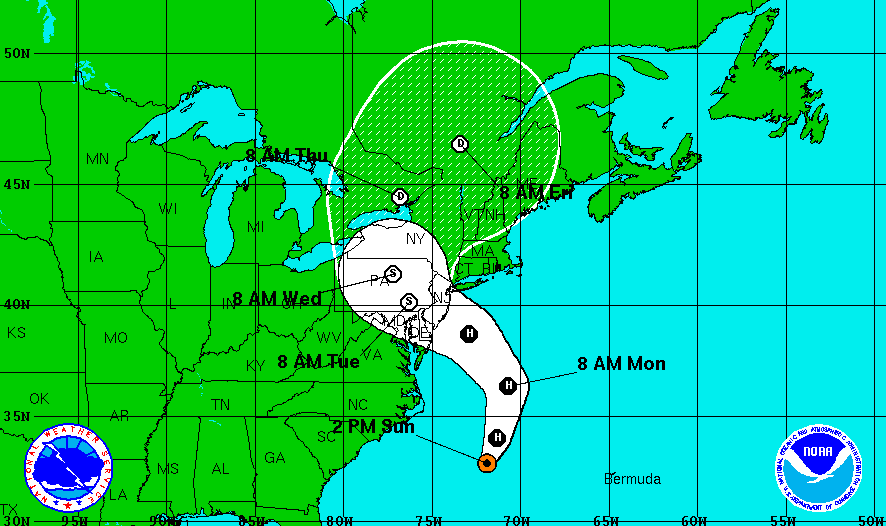
Prepare your digital life for Hurricane Sandy
In the old days people worried less about storm preparations because they generally didn’t know what was coming and had no electricity anyway. How times have changed. These days we have the advantage of things like The Weather Channel and weather.com warn us, or perhaps scare us with sensationalistic reporting. We also have a power grid we rely on for everyday life and computers and mobile devices that keep us connected. So, what do you do when all of this technology suddenly fails, as it is likely to do in the coming hours and days for people in the mid-Atlantic region?
The easy answer is to buy a generator, but those aren’t cheap and, if you live in the path of oncoming Hurricane Sandy, as I do, you will find that stores are already sold out of generators, not to mention batteries, flashlights, milk, eggs and bottled water. However, there are other, cheaper solutions.
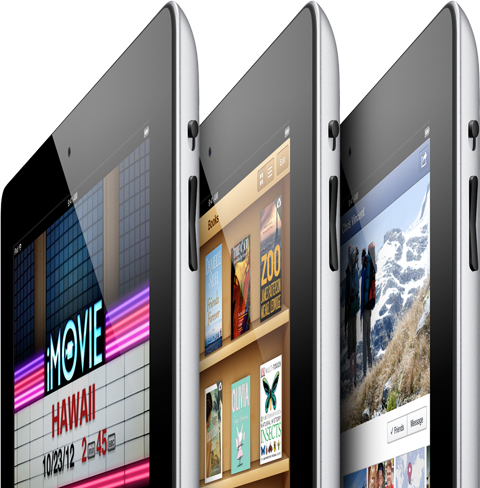
Apple’s new products are all about the competition
To answer my colleague Joe Wilcox’s question, I won’t be buying an iPad mini. I will however, be shelling out on a 4th gen iPad. I already own an iPad 2, and was thinking of upgrading to the 3rd gen version, but I knew an update was likely. Even though Apple only rolled out the most recent iPad in March, there were a few clues that suggested a sooner-than-usual upgrade was on the cards.
Firstly, the Lighting port. On the accessories front alone it’s important for Apple to transition its devices to the new connector as quickly as possible, which means putting it in all of its relevant hardware. Secondly, the 3rd gen iPad gets incredibly hot when doing graphically intensive tasks. The new A6X chip will, I suspect, greatly reduce that problem. Making the iPad faster (while keeping the price the same) will also help position it a little further away from the new mini. However, the main reason for the upgrade is much more straightforward: it kicks the hell out of the competition.

YouTube doesn’t hate Muslims: streams the Hajj pilgrimage live
Google’s standing in the Muslim world isn’t great right now. The company’s refusal to pull the offensive The Innocence of Muslims video from YouTube has led to lots of criticism around the world. The Saudi Arabian government even led calls for a new international body to censor the internet purely as a result of Google’s stance.
However, perhaps in an effort to appease angry Muslims, Google has announced that from today it will stream the ritual of Hajj (the world’s largest pilgrimage) live from Mecca, on the Saudi Ministry of Culture and Information's YouTube channel.
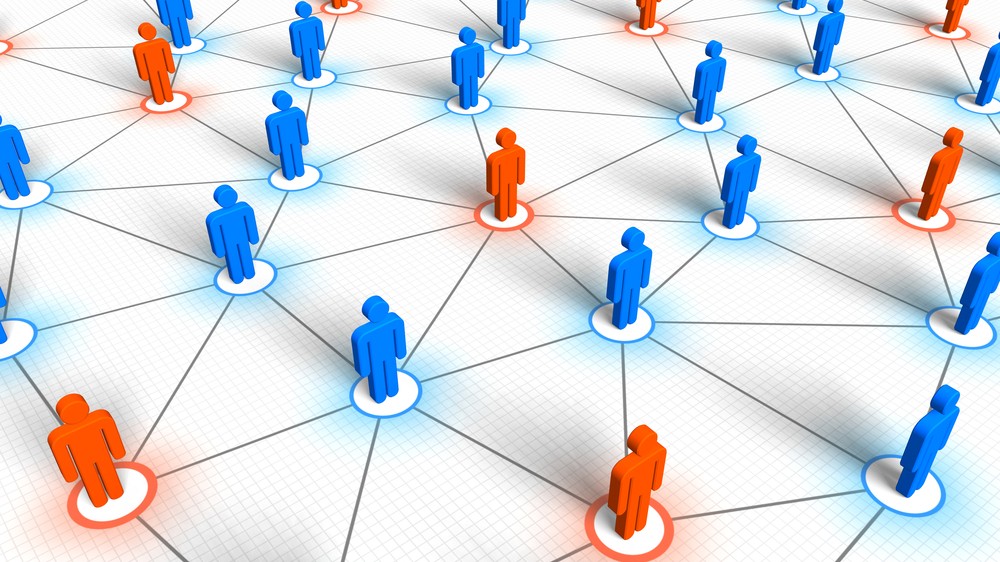
Highlight app and the 'it's too radical to be normal' problem
Great ideas usually take time to germinate into a model that is truly feasible. People are notoriously slow in grasping new paradigms, preferring to flirt with a comfortable present that is more often than not, entirely worthy and sufficient. This consumer mindset is an issue that faces aspiring and radical technology entrepreneurs, it is not sufficient to simply have the chops to think and execute the new ideas, but the right timing is nearly as crucial. To possess the patience and sense to release a radical idea into the wild only when the market is ripe is a factor that can determine make or break.
People discovery is a concept that has floated around the mobile app industry for quite some time. Apps like Badoo, which was founded in 2006 by a Russian entrepreneur and currently has a user base upwards of 150 million, operates around a fundamentally location-based model, by allowing users to see and interact with like-minded people around their specific region. Scores of other location-based apps, such as Banjo and Sonar, have managed to find relative success in their respective niches as location tag aggregators over various social networks and as friend-finding systems.

Alto, AOL's cloud-based mail service, launches in limited preview
Changing your email address can be a major pain. You’ve got to tell everyone about it, move your emails from the old account to the new one and so on. I know people who’ve been using Hotmail for the better part of a decade, despite loathing it, just because they don’t want the perceived hassle of switching to another service (or even upgrading to Outlook.com).
AOL’s new cloud-based email tool, Alto, is designed to avoid this problem by working alongside, or rather on top of, the main webmail services, rather than replacing them. You don’t need to sign up for a new email address, you just log in with your existing AOL, Gmail, Yahoo, or iCloud details. Once you’re in, Alto will help manage your inbox and cut back on clutter.
